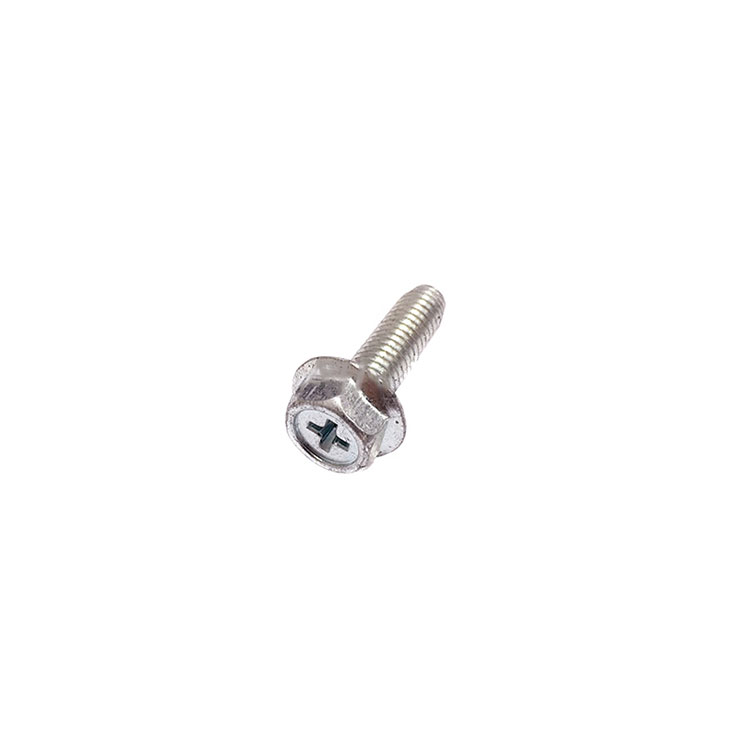The Golden Choice: Exploring the Benefits of Brass and Bronze Bolts
2023-12-07
Introduction:
In the world of fasteners, where strength, corrosion resistance, and aesthetic appeal are paramount, brass and bronze bolts stand out as shining stars. These alloys, crafted from copper with the addition of specific elements, offer a unique set of characteristics that make them ideal for various applications. In this exploration, we delve into the benefits of using brass and bronze bolts, uncovering the golden advantages that set them apart in the realm of fastening solutions.
Brass Bolts:
1. Corrosion Resistance:
Brass bolts exhibit excellent corrosion resistance, making them well-suited for applications where exposure to moisture and environmental elements is a concern. The alloy's resistance to tarnishing and rusting contributes to the longevity of brass bolts, particularly in outdoor or marine settings.
2. Aesthetic Appeal:
One of the standout features of brass is its warm, golden appearance. Brass bolts add a touch of elegance and aesthetic appeal to applications where appearance matters. This makes them a popular choice in decorative or architectural settings, as well as in industries where a polished, professional look is desired.
3. Malleability and Formability:
Brass is known for its malleability and formability, allowing for the production of intricate and customized bolt designs. This characteristic makes brass bolts versatile and suitable for a variety of applications, including those requiring unique shapes and sizes.
4. Low Friction and Wear Resistance:
Brass bolts exhibit low friction properties, reducing wear and tear in applications involving movement or repeated use. This makes them suitable for components that require smooth operation, such as hinges, fasteners, and connectors.
Bronze Bolts:
1. High Strength and Durability:
Bronze bolts, an alloy of copper and tin, offer high strength and durability. The addition of tin enhances the mechanical properties of bronze, making it a robust choice for applications requiring strength and resistance to wear.
2. Corrosion Resistance:
Similar to brass, bronze bolts boast excellent corrosion resistance. The alloy's ability to form a protective oxide layer contributes to its resistance against environmental factors, making bronze bolts suitable for marine and outdoor applications.
3. Resistance to Saltwater Corrosion:
Bronze is particularly resistant to corrosion in saltwater environments, making bronze bolts a preferred choice for marine applications. Their durability and ability to withstand the harsh conditions of saltwater contribute to their longevity in marine settings.
4. Antimicrobial Properties:
Bronze has natural antimicrobial properties, inhibiting the growth of bacteria and fungi. This makes bronze bolts suitable for applications in healthcare settings, food processing, and other environments where hygiene is a priority.
Conclusion:
Brass and bronze bolts, with their unique blend of properties, offer a wealth of benefits in various applications. From the aesthetic appeal and corrosion resistance of brass to the high strength and durability of bronze, these alloys are versatile solutions in industries ranging from construction to maritime. Whether adding a touch of elegance to architectural designs or providing robust fastening solutions in challenging environments, the golden choice of brass and bronze bolts shines brightly in the world of fasteners.



